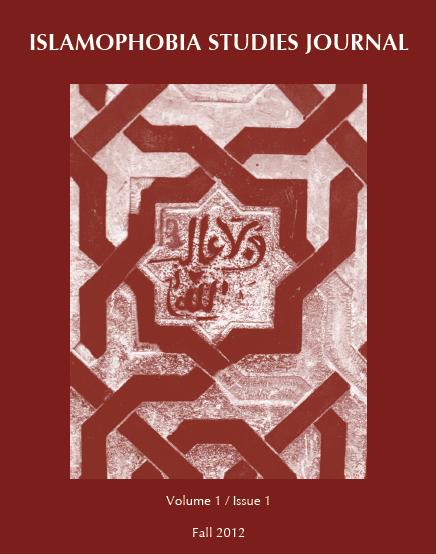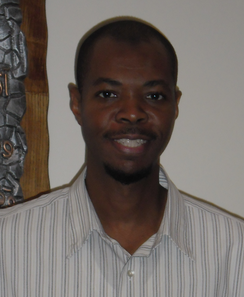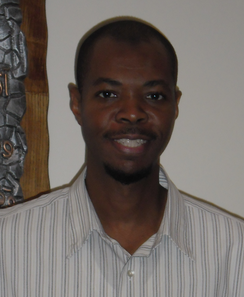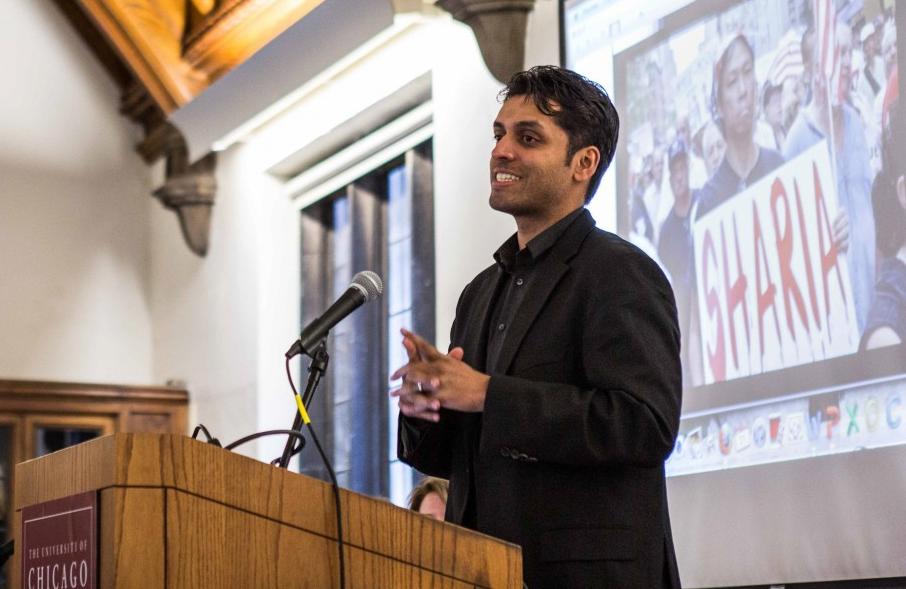An Oklahoma bank’s requirement that branch visitors remove anything covering their faces discriminates against Muslims, a civil liberties group says.
The Oklahoma chapter of the Council on American-Islamic Relations called Wednesday on Valley National Bank in Tulsa to change a policy that requires visitors to the $221 million-asset bank’s four branches to remove their hats, hoods and sunglasses so bank employees can see their faces.
The policy – which Valley National says is a security measure – prevented a Muslim woman from entering a Valley National branch in Tulsa on Oct. 9, the council says. An employee allegedly told the visitor she would have to be escorted to and from the teller unless she agreed to remove her hijab, a loose-fitting garment that some Muslim women wear over their heads.
“Recognize that a religious headdress is different than a hat,” Adam Soltani, the council’s executive director, told American Banker. “In Oklahoma, there has never been an instance of anyone impersonating a Muslim woman to rob a bank or anywhere else.”




